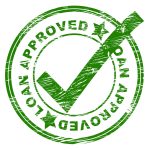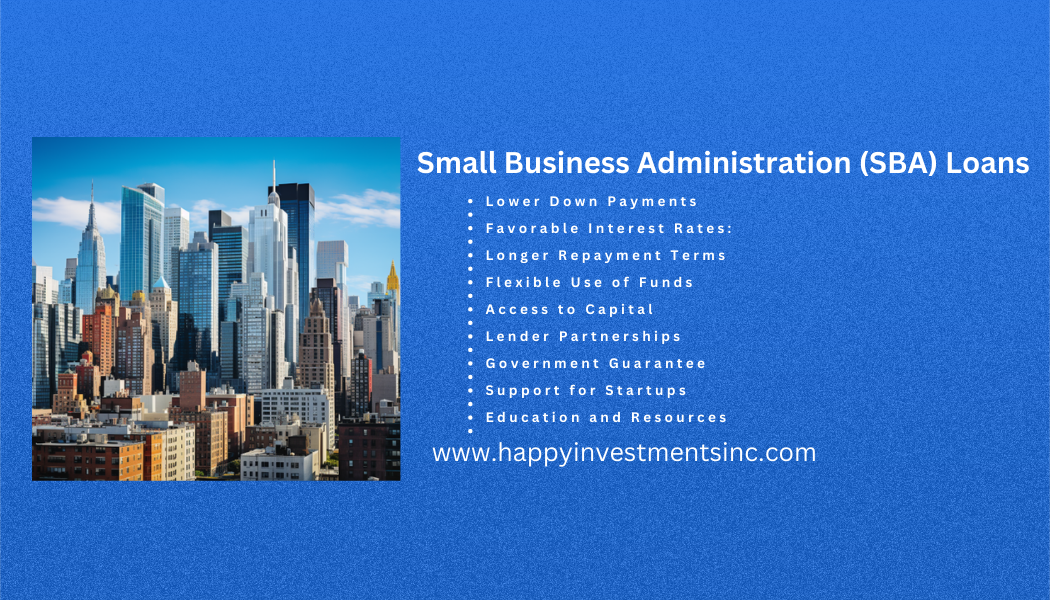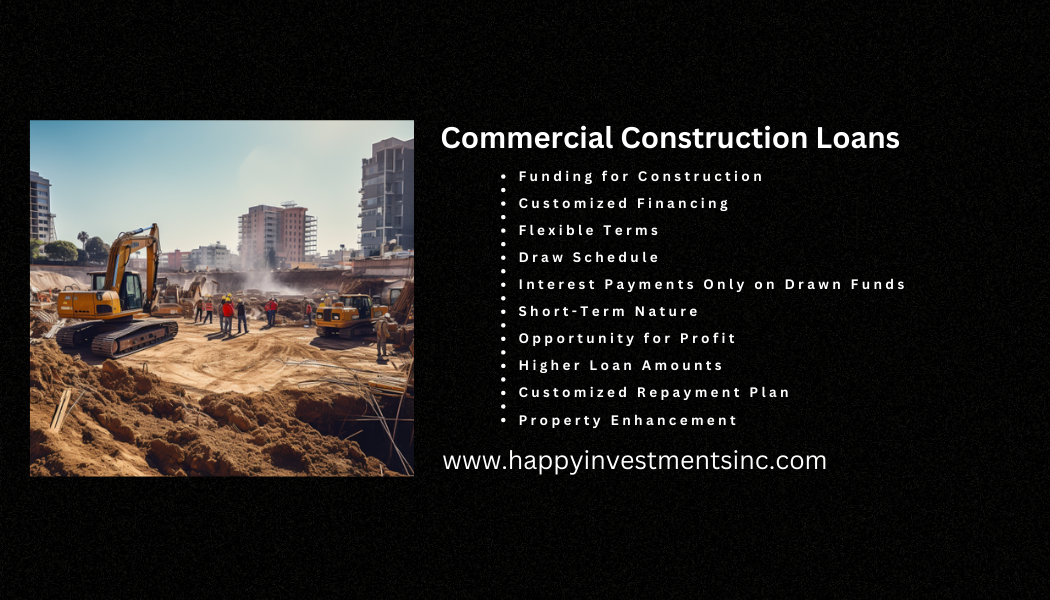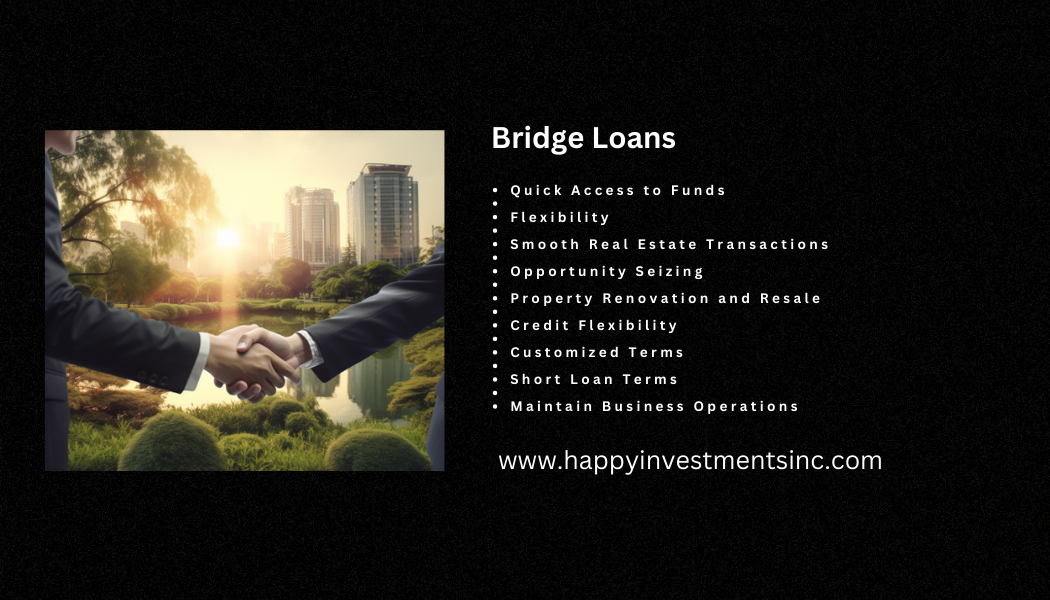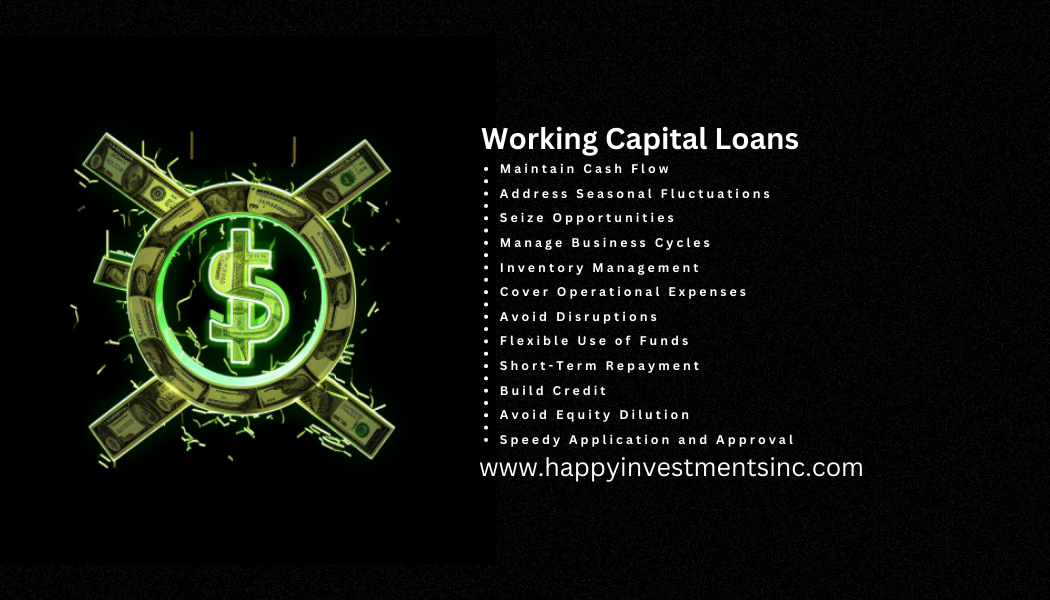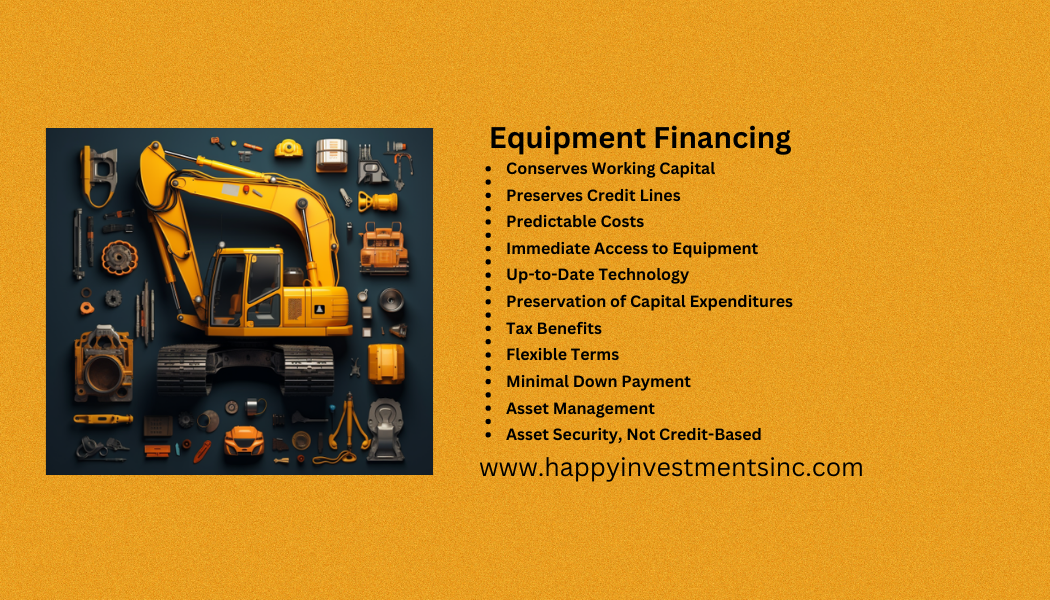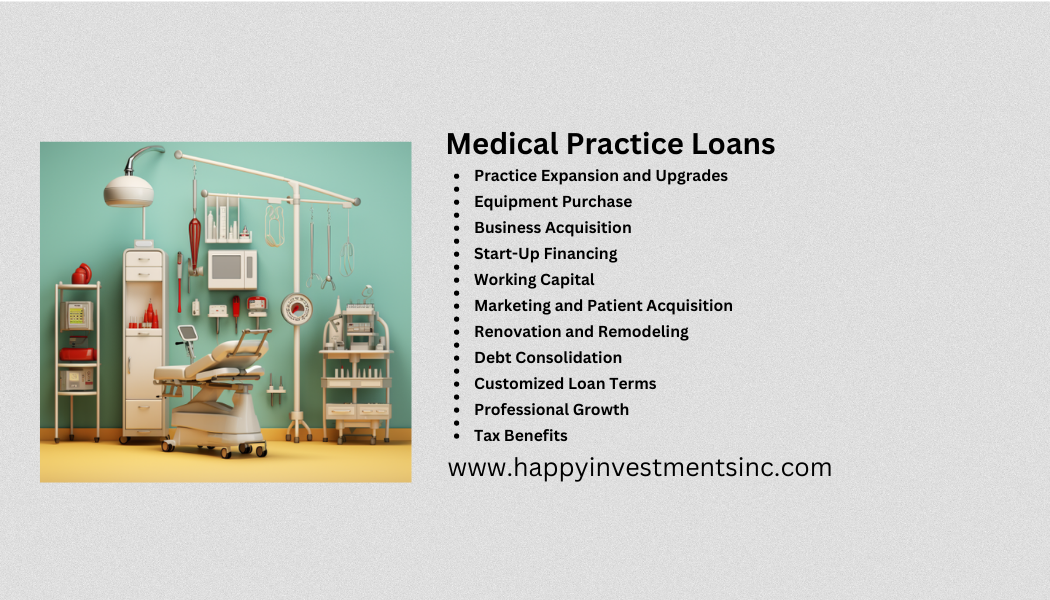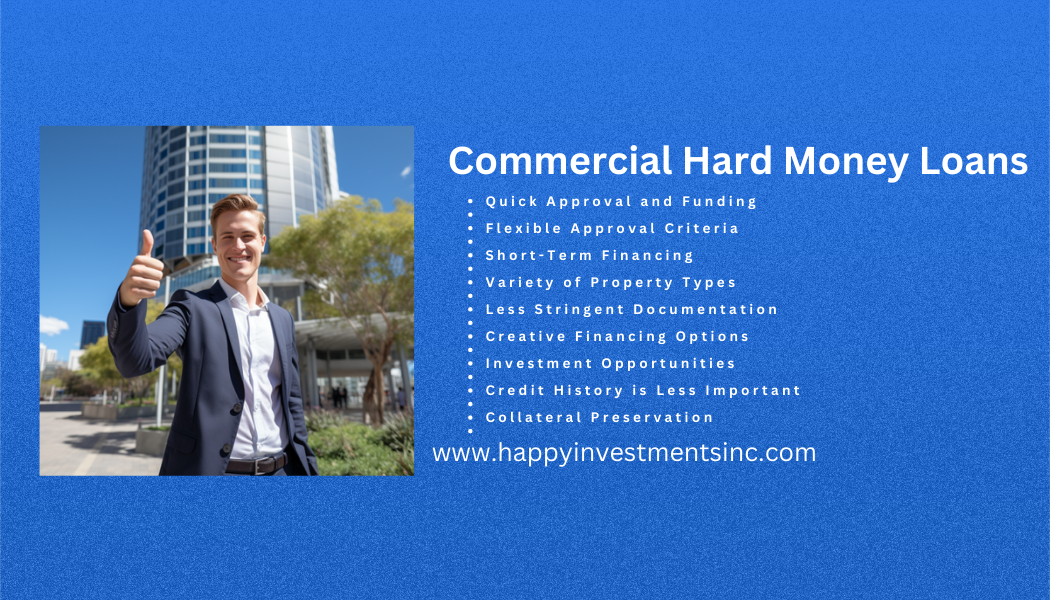Commercial Real Estate Loans are financial instruments developed to supply financing for various kinds of industrial home acquisitions, advancements, and remodeling. These loans are typically protected by the residential or commercial property itself and are a crucial resource for businesses and investors wanting to broaden or enhance their real estate holdings. Various kinds of Commercial Real Estate Loans include:
1.Traditional Commercial Mortgages: These loans operate likewise to property mortgages, where the customer gets a lump sum in advance and repays the loan amount together with interest over a specified duration. They are frequently used for buying or refinancing residential or commercial properties such as office buildings, retail centers, and storage facilities.
2.SBA 7( a) Loans: Offered by the Small Business Administration (SBA), these loans offer funding to small companies genuine estate acquisitions, construction, or refinancing. They often include favorable terms and lower deposit requirements.
3.Commercial Construction Loans: These loans are designed to money the building and construction of new industrial homes or significant remodelings of existing ones. The funds are disbursed in phases as the construction progresses.
4.Bridge Loans: Bridge loans offer short-term financing to bridge the space in between immediate financing needs and longer-term financing options. They are frequently utilized for time-sensitive transactions or when a home requires renovations prior to it can receive irreversible financing.
5.Commercial Equity Loans: Also referred to as equity credit lines, these loans enable property owners to take advantage of their home’s equity to money various business requirements, such as expansion, working capital, or enhancements.
6.CMBS Loans (Commercial Mortgage-Backed Securities): These loans involve product packaging a pool of commercial real estate loans into securities that are sold to investors. The earnings created from the underlying loans works as security for the securities.
7.Hard Money Loans: These are short-term, high-interest loans often utilized by real estate investors for fast acquisitions or to capitalize on time-sensitive chances.
8.Mezzanine Loans: Mezzanine funding sits between senior debt and equity in a capital stack. It’s a method to secure additional funds using the residential or commercial property as security, typically used for advancement jobs.
9.HUD/FHA Loans: Provided by the U.S. Department of Housing and Urban Development (HUD), these loans provide funding for multifamily properties, healthcare facilities, and other kinds of business realty jobs.
10.Owner-Occupied Commercial Real Estate Loans: These loans are tailored for companies that plan to occupy the majority of the residential or commercial property they buy. They frequently feature beneficial terms and lower deposit requirements.
Each type of Commercial Real Estate Loan serves various purposes and features varying terms, rate of interest, and eligibility requirements, allowing services and financiers to choose the financing option that finest aligns with their requirements and goals.

 Commercial Construction loans are financial instruments designed to fund the development and building and construction of various kinds of business properties, varying from office buildings and retail centers to hotels and commercial centers. These loans offer the needed capital to cover the expenses associated with land acquisition, architectural preparation, construction products, labor, and other costs incurred throughout the building and construction procedure. Different sort of Commercial Construction loans consist of:
Commercial Construction loans are financial instruments designed to fund the development and building and construction of various kinds of business properties, varying from office buildings and retail centers to hotels and commercial centers. These loans offer the needed capital to cover the expenses associated with land acquisition, architectural preparation, construction products, labor, and other costs incurred throughout the building and construction procedure. Different sort of Commercial Construction loans consist of: The Small Business Administration (SBA) loans are monetary assistance programs provided by the United States federal government to support and promote the development of small businesses. These loans are created to offer affordable financing options to business owners and small company owners who may have difficulty getting loans through traditional channels due to different reasons, such as restricted security or credit history. There are several types of SBA loans readily available, each tailored to specific company requirements:
The Small Business Administration (SBA) loans are monetary assistance programs provided by the United States federal government to support and promote the development of small businesses. These loans are created to offer affordable financing options to business owners and small company owners who may have difficulty getting loans through traditional channels due to different reasons, such as restricted security or credit history. There are several types of SBA loans readily available, each tailored to specific company requirements: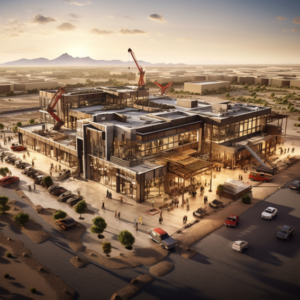 Business loans are monetary arrangements where a lending institution offers funds to a company entity to support its operational requirements, expansion, or other tactical initiatives. These loans play an important function in facilitating development and preserving capital for companies. There are several kinds of organization loans tailored to different purposes and debtor profiles:
Business loans are monetary arrangements where a lending institution offers funds to a company entity to support its operational requirements, expansion, or other tactical initiatives. These loans play an important function in facilitating development and preserving capital for companies. There are several kinds of organization loans tailored to different purposes and debtor profiles: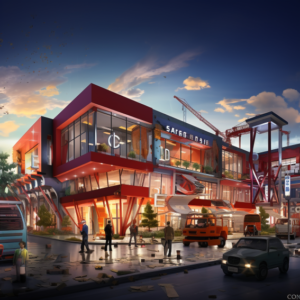 Industrial Mortgage Loans West Virginia is a mortgage loan protected by business property, for example, a workplace complex, shopping center, producing warehouse, or house or condominium complex. Commercial mortgage are similar to basic home loan; but rather than obtaining funds to purchase home, you secure any land or real estate for company factors.
Industrial Mortgage Loans West Virginia is a mortgage loan protected by business property, for example, a workplace complex, shopping center, producing warehouse, or house or condominium complex. Commercial mortgage are similar to basic home loan; but rather than obtaining funds to purchase home, you secure any land or real estate for company factors.